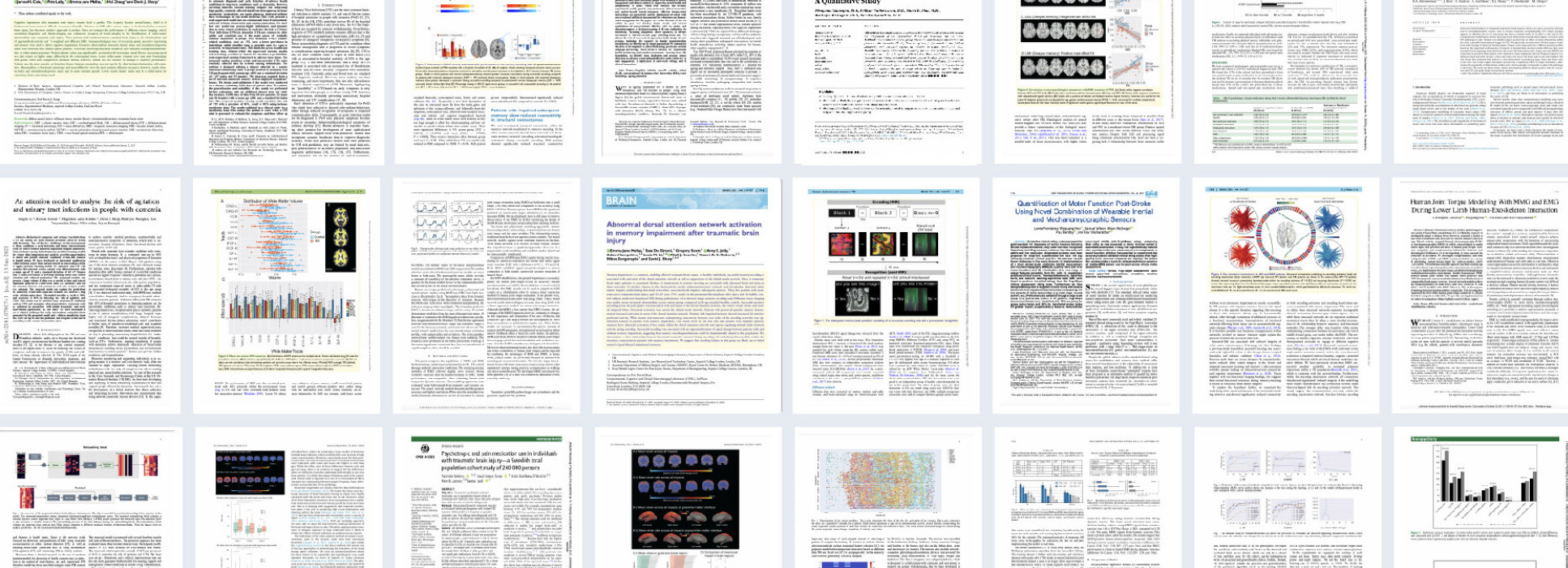BibTex format
@article{Raposo:2023:10.1109/JIOT.2023.3290833,
author = {Raposo, de Lima M and Vaidyanathan, R and Barnaghi, P},
doi = {10.1109/JIOT.2023.3290833},
journal = {IEEE Internet of Things Journal},
pages = {18537--18552},
title = {Discovering behavioural patterns using conversational technology for in-home health and well-being monitoring},
url = {http://dx.doi.org/10.1109/JIOT.2023.3290833},
volume = {10},
year = {2023}
}




